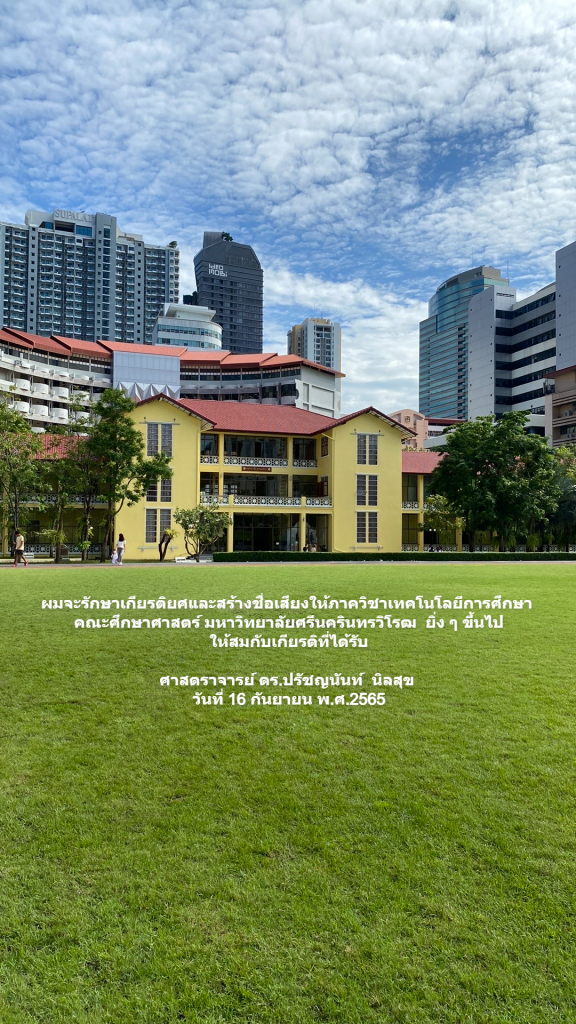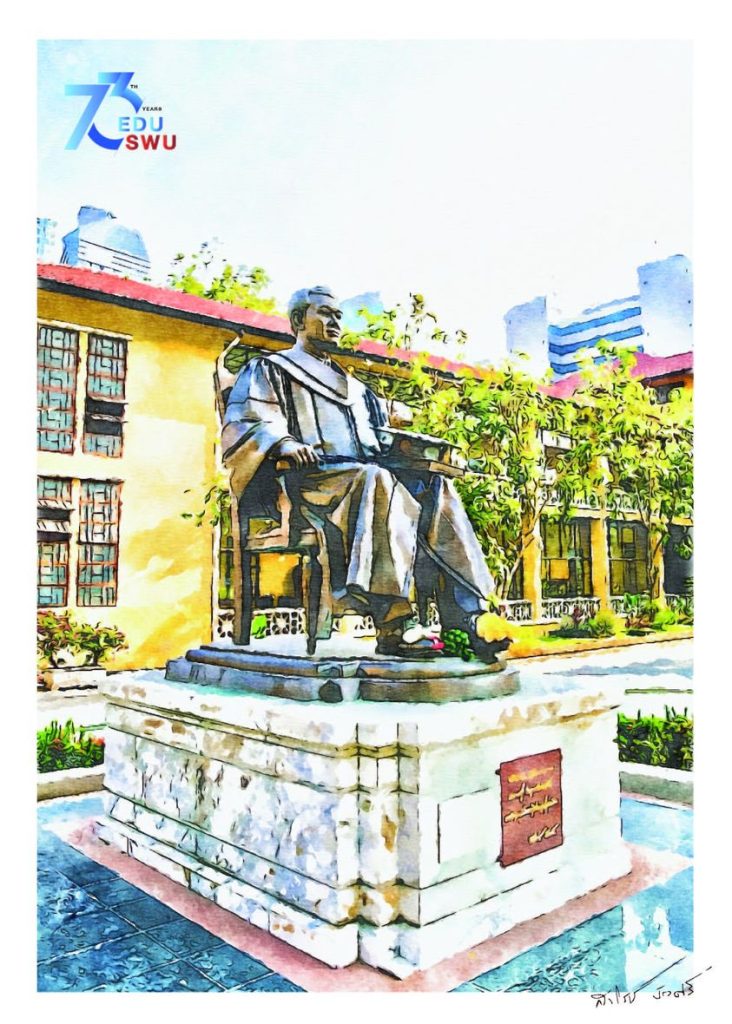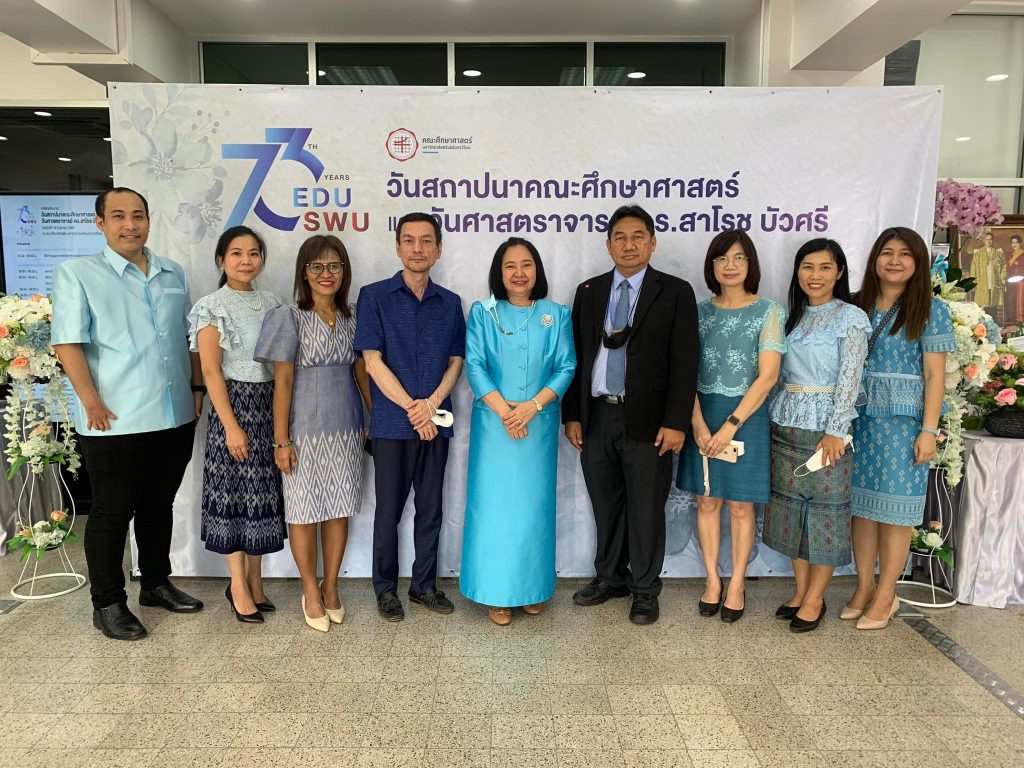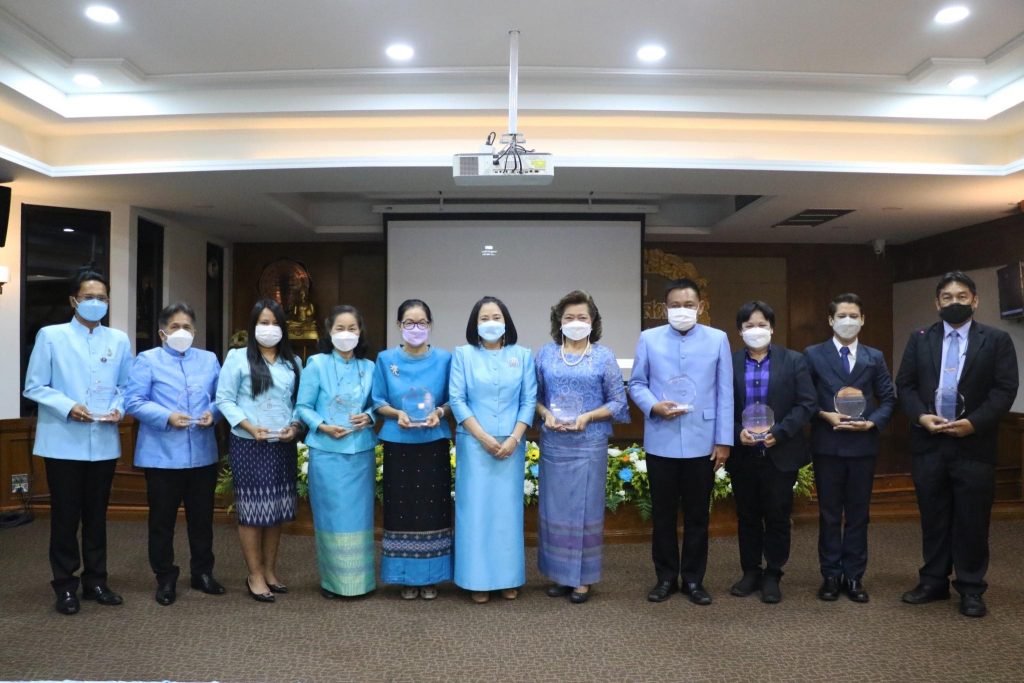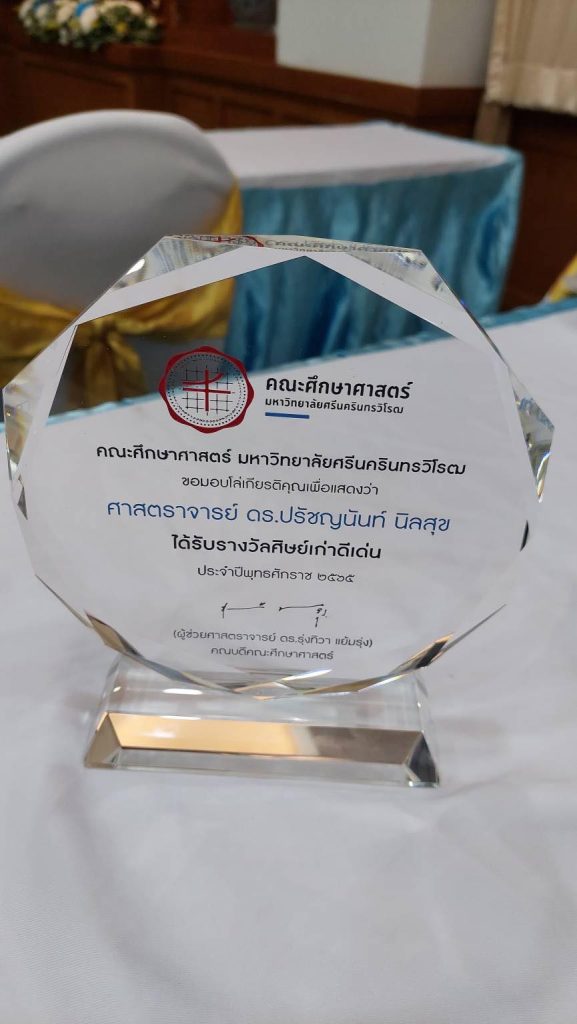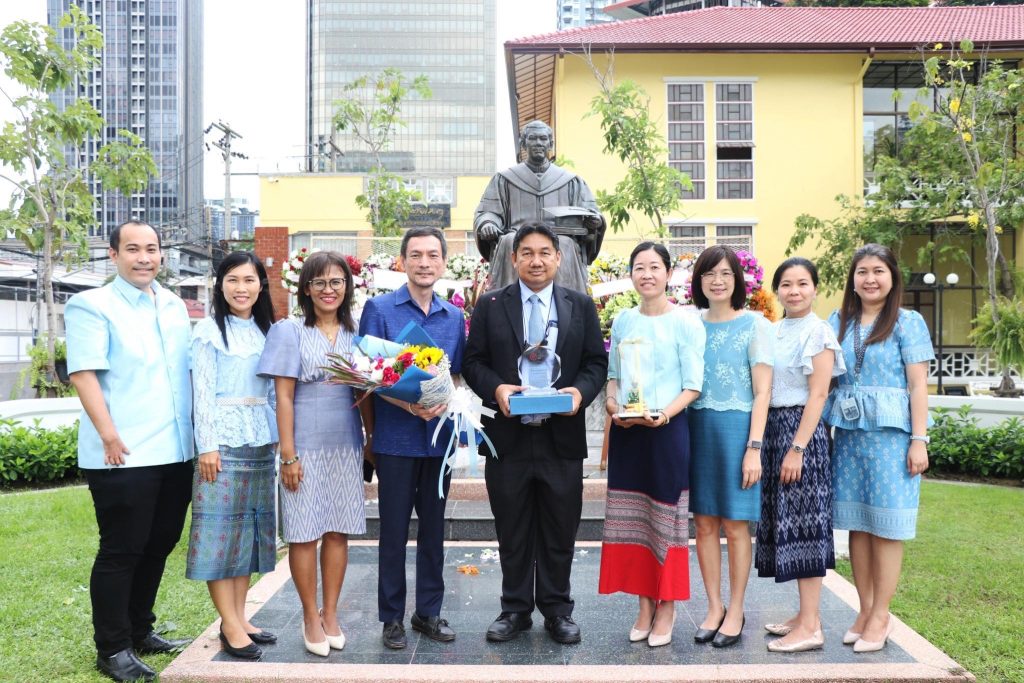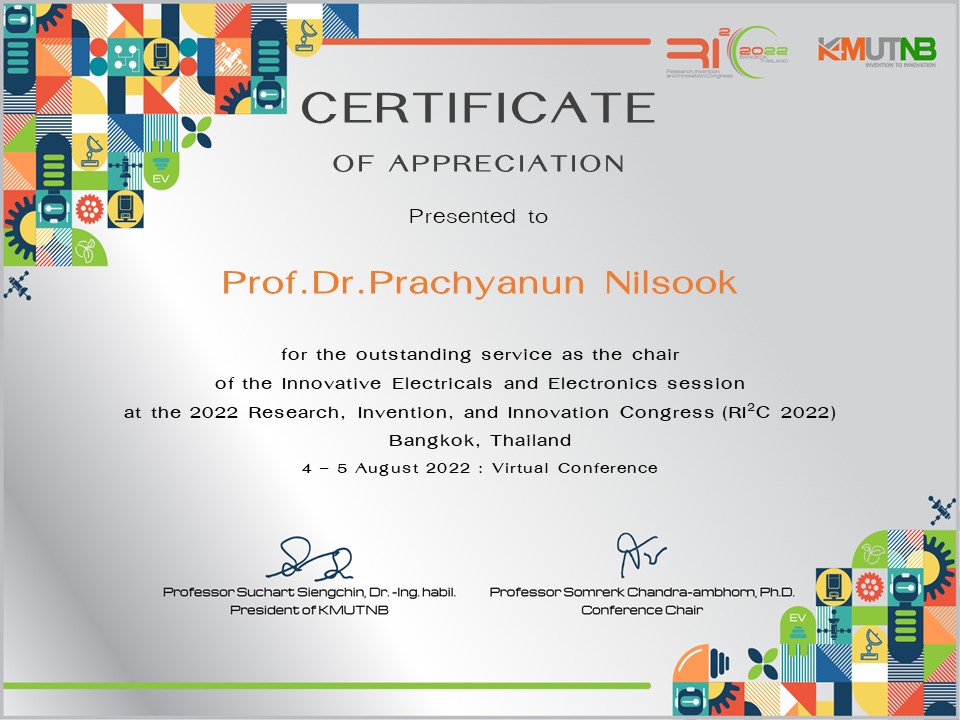Competency Experience-Based Training (CEBT) Model with Ubiquitous Community of Practice (U-CoP) to Enhance Transformation Digital Supervisor
- Chutirut Prasongmanee
- Panita Wannapiroon
- Prachyanun Nilsook
Abstract
Research subject Competency Experience-Based Training (CEBT) Model with Ubiquitous Community of Practice (U-CoP) to Enhance Transformation Digital Supervisor. This research aims to evaluate the digital supervisor competency trained with the Competency Experience-Based Training (CEBT) Model with Ubiquitous Community of Practice (U-CoP). The researcher has divided the research process into 3 steps as follows: Step 1: To develop the Competency Experience-Based Training (CEBT) Model with Ubiquitous Community of Practice (U-CoP) to enhance transformation digital supervisor. Step 2: To develop the Competency Experience-Based Training course with Ubiquitous Community of Practice (U-CoP) to enhance transformation digital supervisor. Step 3: Evaluate the digital supervisor competency trained with the Competency Experience-Based Training (CEBT) Model with Ubiquitous Community of Practice (U-CoP). The results of the research were as follows: 1) the Competency Experience-Based Training course with Ubiquitous Community of Practice (U-CoP) to enhance transformation digital supervisor, it consists of 3 main processes and 10 sub-steps. Ubiquitous community of practice consists of 2 parts. 1) Community of practice, and Ubiquitous technology 2) Competency Experience-Based Training course with Ubiquitous Community of Practice (U-CoP) to enhance transformation digital supervisor consisting of 6 components. The results of the evaluation of digital supervisor competency in training participants with a model developed using pre-training and post-training surveys showed that trainees scored higher than their pre-training digital supervisor competency at a statistically significant .01 level.
Chutirut Prasongmanee, Panita Wannapiroon and Prachyanun Nilsook (2022) Competency Experience-Based Training (CEBT) Model with Ubiquitous Community of Practice (U-CoP) to Enhance Transformation Digital Supervisor.
International Education Studies; Vol. 15, No. 5; 2022. pp.146-152.
https://doi.org/10.5539/ies.v15n5p146



